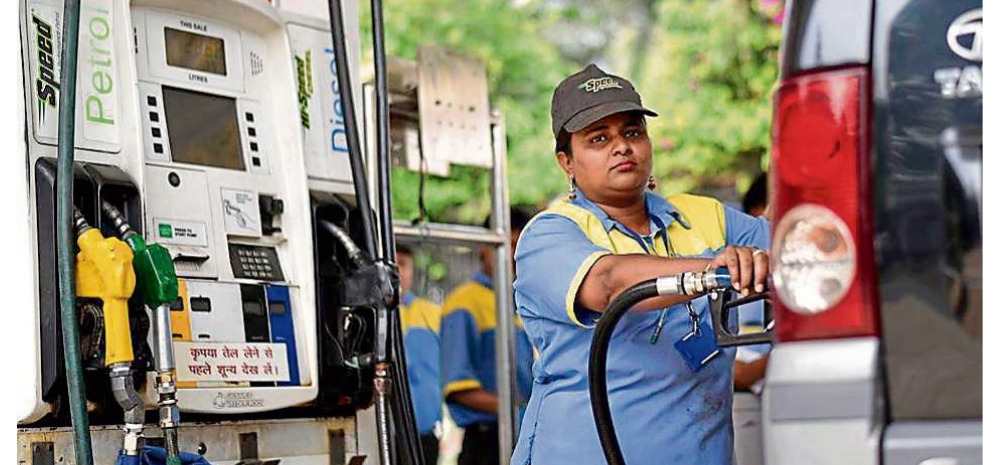Petrol Becomes Rs 100/Litre In India, 1st Time Ever: Will Govt Take Action Now?

Ravichandran Ashwin was not the only one who hit a century for India this week, he is accompanied by the petrol prices. On 17 February, for the first time, the price of petrol crossed the mark of Rs 100 in Rajasthan as the fuel price kept on soaring for nine consecutive days.
Why Is Fuel Most Expensive In Rajasthan?
The price of petrol shot up by 26 paise in Sri Ganganagar city of Rajasthan taking the final rate to Rs 100.13 per liter. The diesel prices also rose to Rs 92.13 as the state witnessed an increase of 27 paise on one liter.
The fuel prices in any state depend on the taxes that both the central and state government imposed on it. Even though Rajasthan took down the Value added tax on fuel by 2%, it still has the highest VAT on fuel in India.
Presently, VAT on petrol is 36% along with a cess tax of Rs 1,500 per kilolitre. Likewise the cess tax Rs 1,750 per KL in addition to VAT of 26% on diesel. This justifies the skyrocketing prices of fuel in Rajasthan.
What Are The Prices Of Fuel In Other States?
After Sri Ganganagar, Jaipur and Mumbai have the highest rates. In the capital of Maharashtra petrol is priced at Rs 96/liter and that in Jaipur is Rs 96.01. The rate of diesel in Mumbai and Jaipur is Rs 88.34 and Rs 86.98 respectively.
The central capital enjoys comparatively lesser expensive fuel. The petrol prices are set at Rs 89.54 and diesel prices are Rs 79.95 per liter in New Delhi.
Will The Fuel Prices Decrease Any Time Soon?
The taxes on petrol and diesel are not expected to drop any sooner as Petroleum Minister Dharmendra Pradhan clearly stated in Rajya Sabha that the government is not looking forward to doing so currently.
The fuel prices dynamically change on a daily basis according to foreign exchange rates and price on international standards. The fuel supply in India comes from Oman-Dubai sour grade and dated Brent sweet crude. According to the Petroleum Planning and Analysis Cell (PPAC) on Tuesday,16 February, the rate of oil was $62.64 a barrel.
There was a drop in the global rates of oil prices on Wednesday as the US dollar got stronger. This is because of the two-day rally of the Arctic blast that restricted the yield of oil and gas fields from Texas, the biggest oil-producer state in the US.
The price of US West Texas Intermediate (WTI) crude came down by 0.6% to $59.72 per barrel. The price decreased by 33 cents after 13 months when WTI enjoyed a price of $60.95 for a single unit. On the other hand, the European Brent crude cost $62.95 as it dropped by 0.6% decreasing the value of the barrel by 40 cents.

Comments are closed, but trackbacks and pingbacks are open.